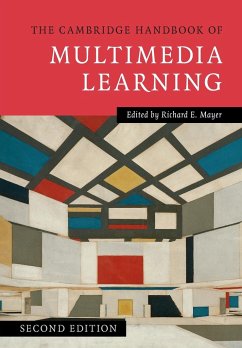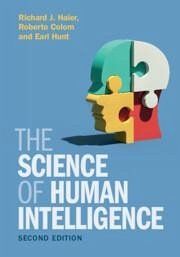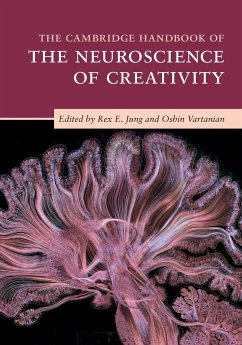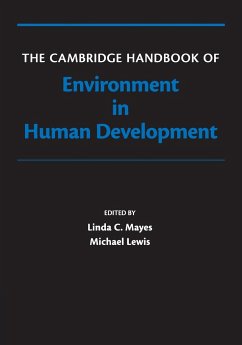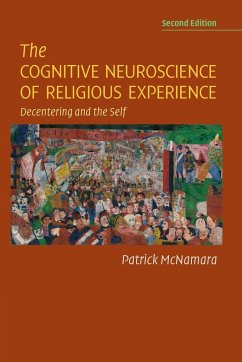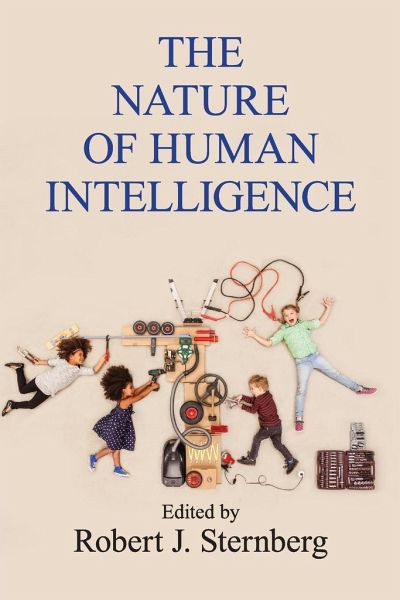
The Nature of Human Intelligence
Versandkostenfrei!
Versandfertig in 1-2 Wochen
41,99 €
inkl. MwSt.

PAYBACK Punkte
21 °P sammeln!
Robert J. Sternberg invites nineteen highly-eminent psychological scientists to share their research programs and findings on human intelligence. Each chapter answers a standardized set of questions, and the outcome represents a wide range of substantive and methodological emphases to highlight the incredible diversity of perspectives in the field.





